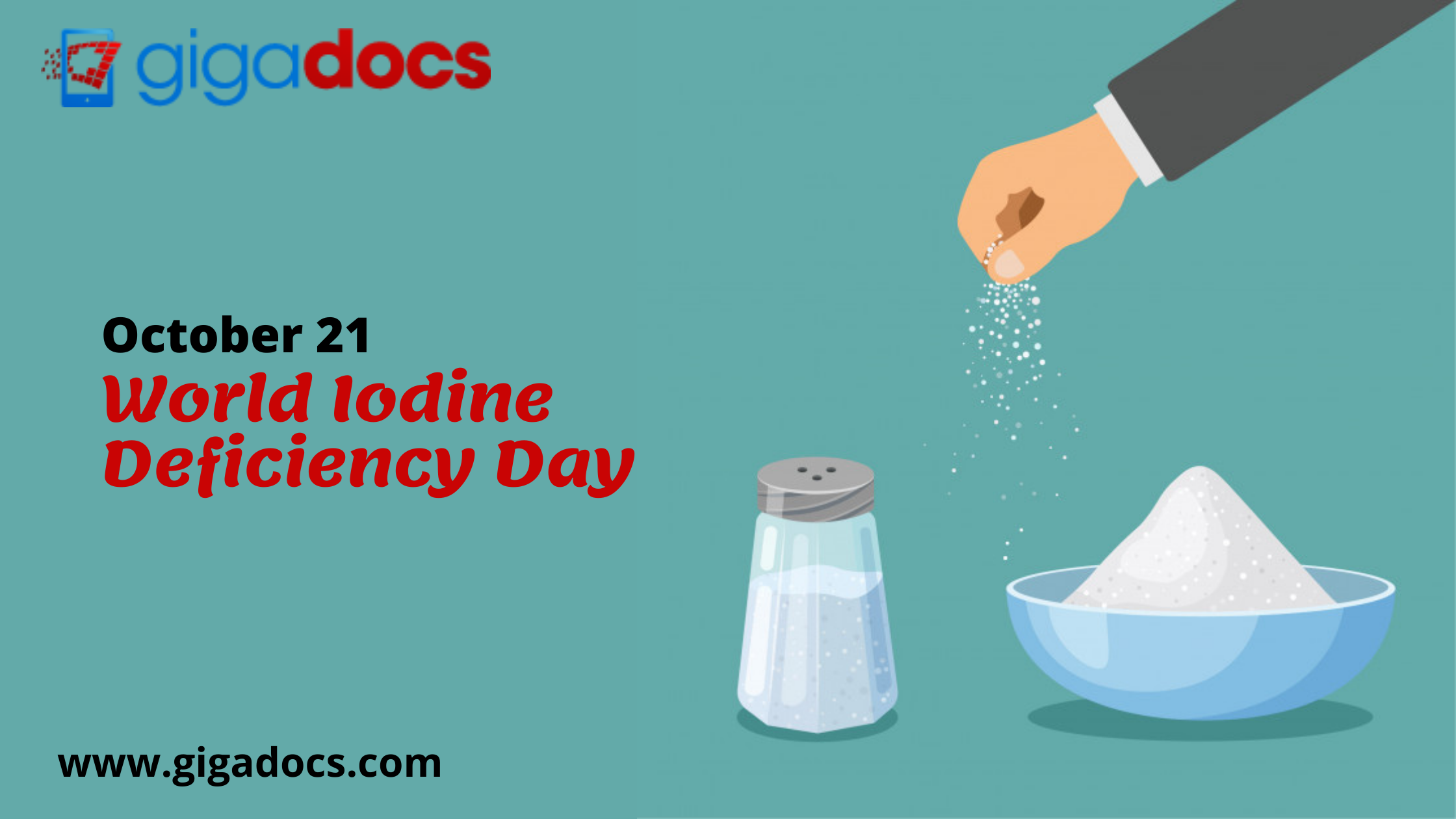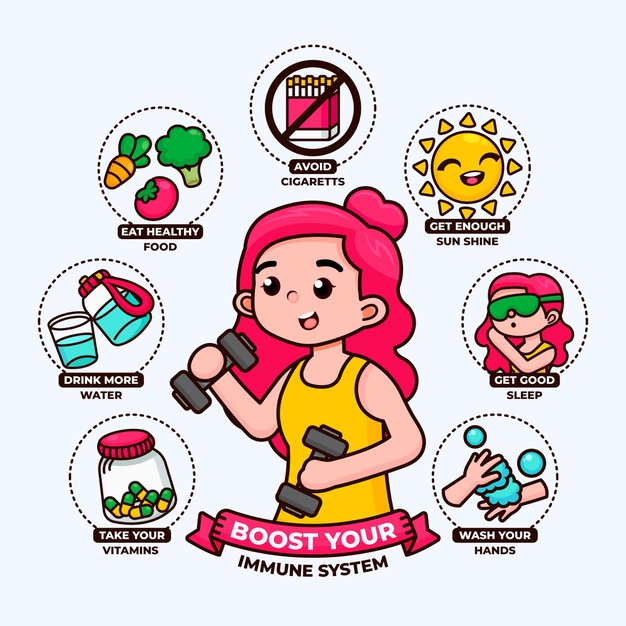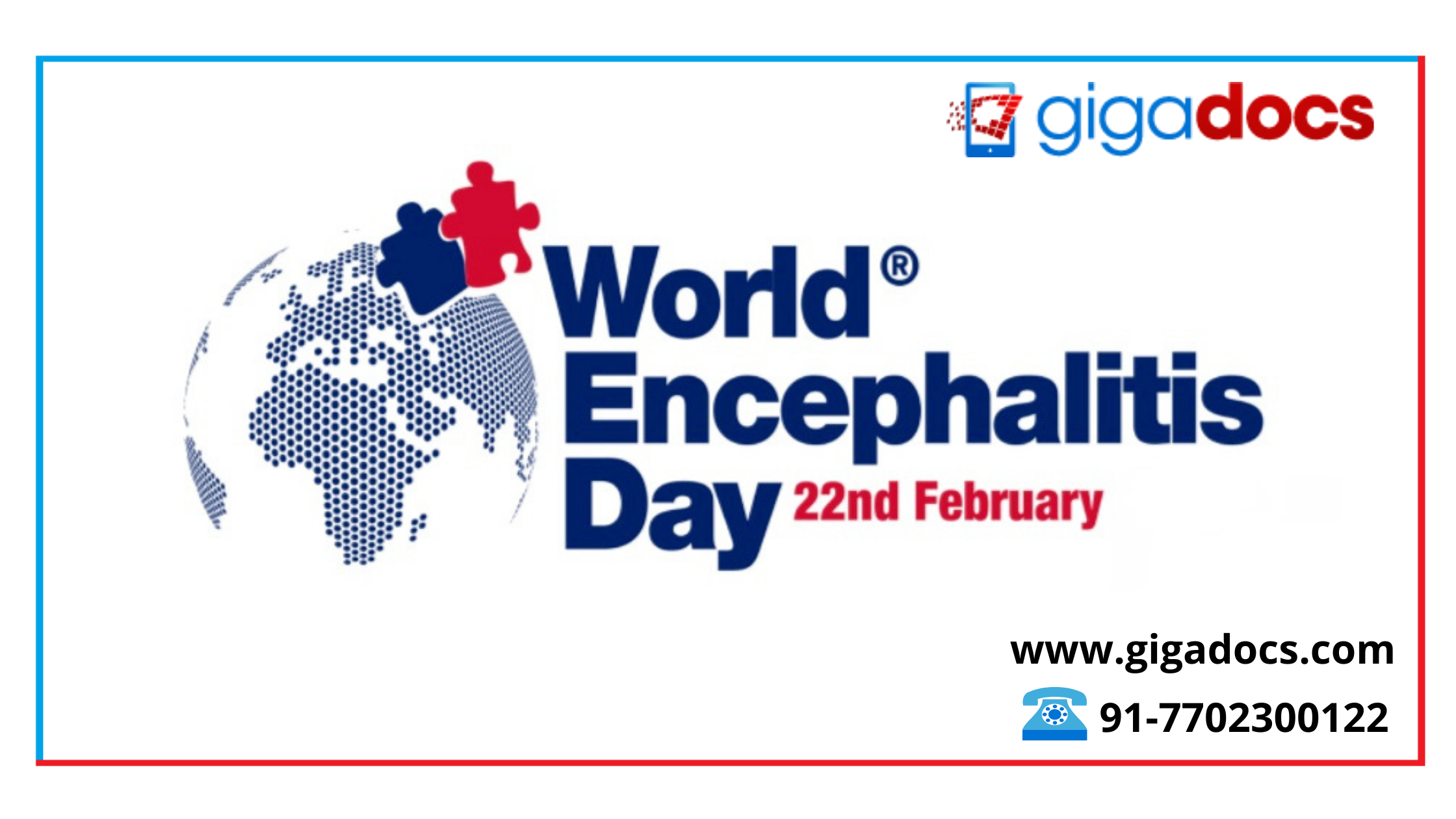Often neglected, Iodine remains as one of the most essential dietary minerals important to our normal thyroid function, growth, and development. Iodine deficiency can lead to serious health conditions which can be fatal.
Like iron, our body does not make iodine on its own, it is absorbed from the food and water we consume. This adds to the fact that consuming a balanced diet packed with nutrients should never be avoided as it gives all the micronutrients we need for our wellbeing. According to the WHO guidelines, 150 micrograms of iodine are needed to prevent iodine deficiency disorders. This iodine can be obtained from salt which is fortified with the mineral. 15 parts per million (ppm) of iodine added salt can help curb iodine deficiency. This iodine is stored in our thyroid gland and helps in the production of thyroid hormones- triiodothyronine (T3) and thyroxine (T4), which regulate fat, protein, and regulate carbohydrate metabolism in the body.
Observing Global Iodine Deficiency Disorders (IDD) Prevention Day
For its proper functioning, our body needs a healthy mix of minerals, water, fiber, protein, and vitamins. This group of vitamins and minerals are categorized into micronutrients. Iodine is one of the minerals that ensure a balanced metabolic rate, regulates thyroid hormone production, assists in protein metabolism, and is critical to brain development and bone growth.
To raise awareness among the masses about Iodine Deficiency Disorders and the importance of the Micronutrient Idoline, October 21 is marked as the World Iodine Deficiency Day. This day is also known as the Global Iodine Deficiency Disorders (IDD) Prevention Day aims to-
- Highlight the perils of less Iodine quantity in food.
- Explain the symptoms and preventive measures of iodine deficiency disorders.
- Identify iodine-rich foods to educate people for adding them to their diet.
Micronutrient Iodine Sources
In an average Indian household, salt intake ranges from 5-10g/day. 30% of this salt is washed off in the cooking process, the remaining 70% provides 70µg/day of iodine.
Salt is an important ingredient in Indian cuisine. The salt which we take with meals is one of the best iodine sources. In India, almost the entire population is susceptible to Iron deficiency. This is because the Indian soil is Iodine deficient, especially when we speak about the North and North Eastern States. To fight this, the sale of non-iodized salt is banned, and common salt sold is fortified with the micronutrient iodine. Here are the other sources that provide Iodine-
- Milk besides providing protein, vitamins, calcium is also an excellent source of iodine that adds to 303µg of salt per liter. Adults need about half a liter of milk to obtain the dietary iodine allowance of 150µg.
- Seafood which includes codfish, scallops, tuna fish and shrimps.
- Egg York is great for children, it provides the essential nutrient needed for brain development. Egg Yolk also offers folate which is also known as vitamin B, red, and white blood cells essential to make blood in the bone marrow and converts carbohydrates into energy.
- Don’t forget to add superfoods like sweet potato, onion, spinach, banana to your diet all of which are excellent iodine sources.
Iodine for Body Functioning
Good thyroid health begins with the micronutrient that is critical for its functioning- iodine. Iodine deficiency can lead to a variety of health and development concerns. Known as iodine deficiency disorders (IDDs), it is a major cause of preventable mental retardation. Iodine deficiency is damaging during pregnancy besides in early childhood. In its severe forms, IDDs can lead to miscarriage or stillbirth. Mild iodine deficiency can lead to a significant loss of learning ability.
Iodine Deficiency can result in-
- High infant mortality: Iodine is essential for the production of maternal and foetal thyroid hormones which regulates the development and growth of the foetus. Severe iodine deficiency can threaten the survival and growth of the baby in the womb. Iodine deficiency may also result in congenital abnormalities.
- Goitre: Iodine deficiency decreases the production of thyroid hormones, which inflames the thyroid gland and causes goitre enlargement. About 90 percent of goitre cases in the world are caused by iodine deficiency which when once acquired and not cured, can be transmitted even to the third and fourth generations.
- Hypothyroidism: Due to a drop in the iodine levels one may suffer from hypothyroidism (underactive thyroid). Hypothyroidism can disrupt metabolism, heart rate, and body temperature. Most prevalent in older women, Hypothyroidism symptoms include dry skin, unexplained weight gain, fatigue, cold sensitivity, and (or) constipation.
- Cretinism: Cretinism attacks those who are born and living in areas that have a severe iodine deficiency. Cretinism is a condition where children exhibit stunted physical and mental growth due to untreated congenital hypothyroidism.
- Mental retardation: Iodine deficiency causes irreversible brain damage, which in turn can cause irreversible mental retardation, especially in children. Mental retardation can cause intellectual disability, social isolation, and mental health issues later in life.
- Hearing, Speech impairment: Iodine deficiency may affect the development of thyroid hormones. Studies have shown that preschool children who have urinary iodine concentrations below 100 μg/L have shown a speech-frequency hearing loss, due to iodine deficiency.
- Vision impairment: Thyroid hormone controls the visual pigmentation produced in the cones visual cells. In simple terms, Iodine deficit Thyroid hormones can adversely affect the ability of the eyes to recognize the color vision.
- Spasticity: Severe Iodine deficiency may cause a condition known as Spasticity. It is characterized by the tightening, stiffening of the muscles which prevent normal fluid movement thus affecting muscle movement.
Curing Iodine Deficiency
Iodine must be regularly taken in the form of water and daily food. If someone is on vitamin and minerals supplements or prone to iodine deficiency, they must eliminate or reduce cabbage, cauliflower, mustard greens, soy, broccoli, turnip in their diet. These food items contain thiocyanates, which interfere with the absorption of iodine by the thyroid gland.
If you are your loved one is suffering from Hypothyroidism, Spasticity, Vision, Hearing, Speech impairment, or any of the medical conditions listed above, then wait no further, Consult a specialist on the Gigadocs intelligent practice management app.
Virtual Consultation for Iodine Deficiency Disorders
Gigadocs is an E-Healthcare practice management app, that lets you book the best of the medical experts for digital consultation from the privacy and safety of your home. Gigadocs lets you record your vitals and share them live with digital doctors, digitally store medical prescriptions, and healthcare records.
Gigadocs is a complete healthcare solution, for the medical needs of the young ones too. Vaccination Schedule Chart from Gigadocs helps you to get the complete timesheet of your child’s next immunization. As a parent track your child’s next vaccination by inputting your child’s date of birth.
To reach digital medical experts from your home, download the Gigadocs app, and book your Digital Consultation today.
Download the Gigadocs app from-
- IOS App – apple.co/2W2iG4V
- Android App – bit.ly/33AQoRC
To know more and schedule a Virtual Consultation demo, e-mail, at info@gigadocs.com




